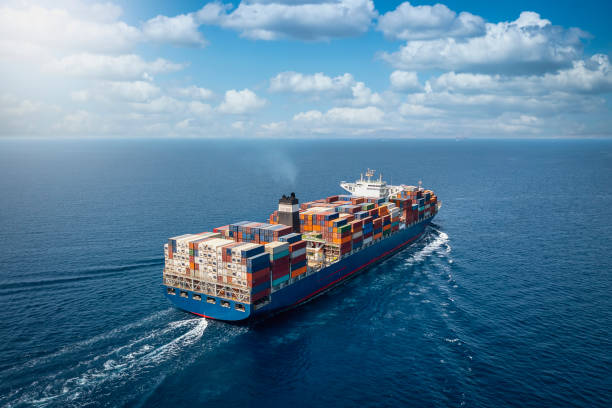
The Significance of Maritime Transportation: The Lifeblood of Global Trade
Maritime transportation is one of the unsung heroes that underpin world trade. Ships traversing vast oceans carry products, raw materials, and energy resources across different geographies, nourishing the cycle of the global economy. In this article, we will delve into why maritime transportation is of such paramount importance and how it shapes the global economy.
The Need for Global Trade:
Maritime transportation serves as the backbone of international trade, facilitating the movement of goods and raw materials between different countries. Products produced across the globe are transported to consumption areas, making maritime transportation an essential conduit that bridges the gap between production and consumption.
Management of International Supply Chains:
When considering the intricacies of global trade, it becomes evident that maritime transportation is essential in managing the international supply chain. It enables the seamless movement of goods, ensuring that producers can efficiently transport raw materials and products worldwide. As a result, maritime transportation becomes indispensable for maintaining a healthy supply chain.
Transporting Diverse Product Categories:
One of the distinguishing features of maritime transportation is its capacity to transport a wide range of product categories. Food products, electronics, crude oil, and various other commodities are transported via maritime routes. This diversity highlights how maritime transportation plays a vital role not only in trade but also in the transportation of essential everyday necessities.
Economic Growth and Employment Opportunities:
The maritime transportation sector significantly contributes to economic growth and job creation. Ports, maritime companies, and logistics operations provide substantial employment opportunities globally. Additionally, maritime transportation fosters balanced economic growth between different regions.
Low Carbon Emissions:
From an environmental perspective, maritime transportation holds a distinct advantage with its low carbon emissions. Compared to other transportation methods, maritime transportation is known for its reduced carbon footprint. This emphasizes the significance of maritime transportation as a sustainable transport alternative.
Maritime transportation stands as an essential pillar of global trade and a driving force behind the world economy. Connecting different countries, continents, and cultures, maritime transportation ensures the circulation of not just products but also ideas and cultures. Its historical, economic, and environmental importance ensures that maritime transportation will continue to shape the global economy well into the future.

